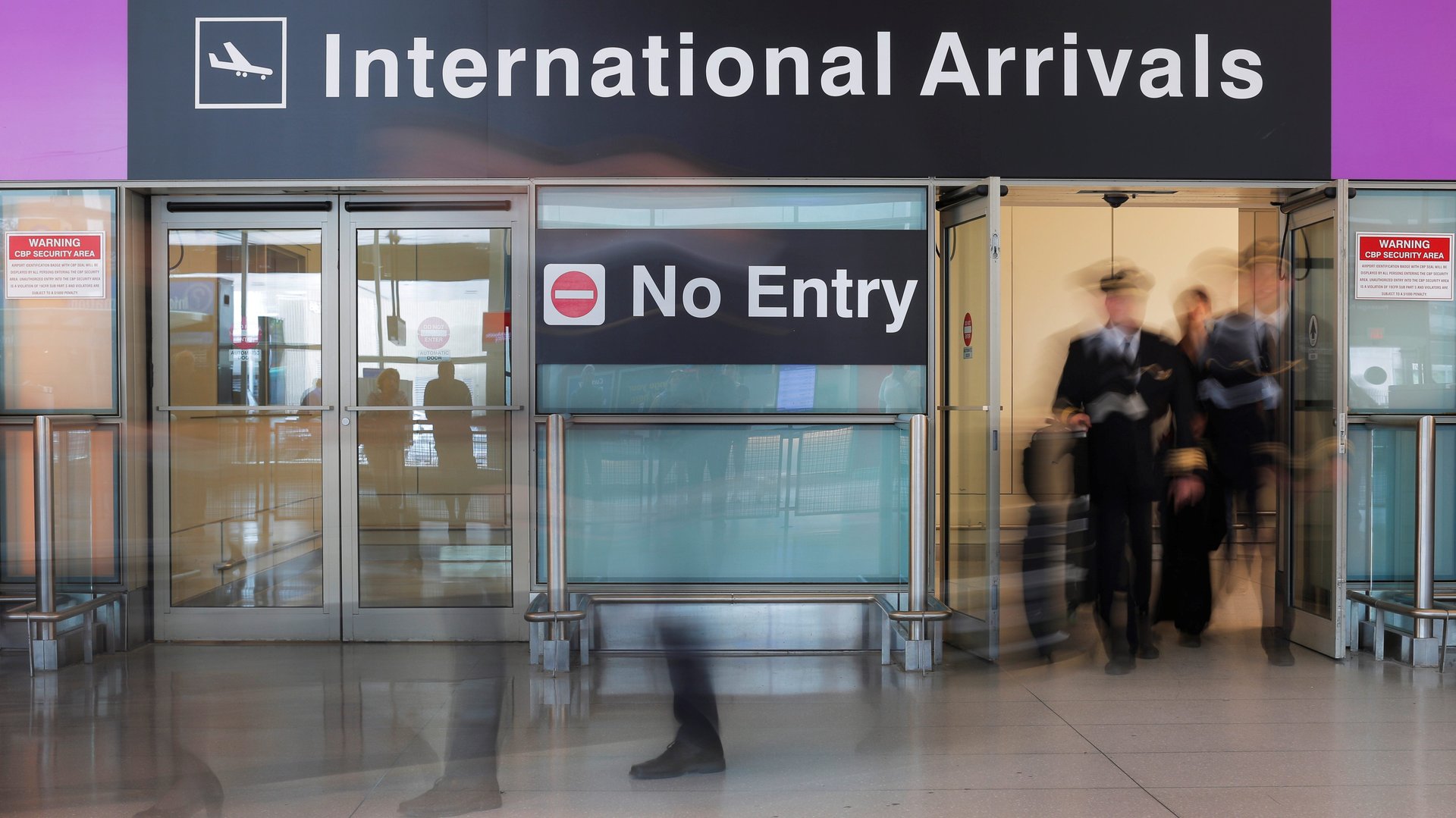We won our lawsuit against the US government over paywalled travel data… again
I have been in a multi-year dispute with the US Department of Commerce over the rights of journalists to access detailed information about travelers to the US. In 2016, I sued. In 2018, I won. By 2019, the government didn’t give me the data I asked for. I sued again. And now, in 2022, after delays caused by court vacancies and covid, I have won, again.


I have been in a multi-year dispute with the US Department of Commerce over the rights of journalists to access detailed information about travelers to the US. In 2016, I sued. In 2018, I won. By 2019, the government didn’t give me the data I asked for. I sued again. And now, in 2022, after delays caused by court vacancies and covid, I have won, again.
In an unusual move for a federal case, judge Florence Pan ruled from her bench in the DC District Court during the hearing on May 24.
“The Court considered the law and the facts before it, and the Department of Commerce is merely asking for a different result based on the same law and facts,” she said. “I think the record is clear enough that the Department of Commerce has the records that plaintiff is requesting and should release them.”
The US’s most detailed data on international travel
The databases I’m after are maintained by the commerce department’s International Trade Administration (ITA). They tally US visitors by origin, age, residency, port of entry, visa type, and initial destination. Besides being able to confirm the government’s periodic summaries, the data could provide insights into travel trends, or assess the impact of government restrictions be they based on religious prejudice, or any type of disease outbreak mitigation.
The ITA charges for copies of the data, but as my first lawsuit confirmed, I am entitled to it for free as a journalist.
What the government claimed about the paywalled data
The Department of Commerce’s lawyers claimed:
- That the information I’m after isn’t actually the department’s to release under the Freedom of Information Act (FOIA) since the data originated with US Customs and Border Protection (CBP)
- That the data chronicling individual flights into and out of the US was not “anonymized,” even though it did not contain personally identifying information, and
- That a purported agreement between CBP and Commerce prevented Commerce from releasing the data
Pan wasn’t buying it. “Just because two agencies agree on the terms of disclosure of certain information, those agencies are not empowered to determine what is required or not under the FOIA.”
Judge Pan’s ruling
The government now has until July 25 to appeal the ruling or until the following day to turn over the data.
The full transcript of the hearing is below, Pan’s ruling begins on page 56. I am being represented pro-bono by the lawyers at the Reporters Committee for Freedom of the Press.